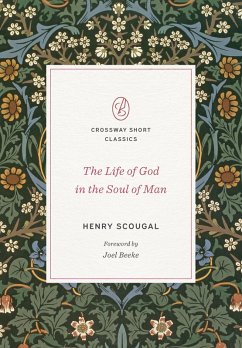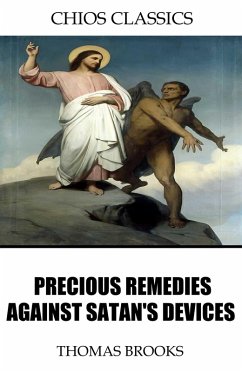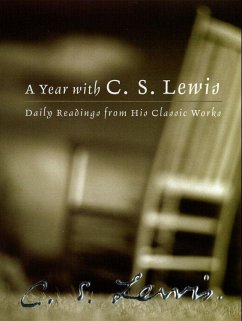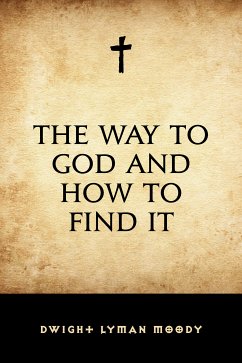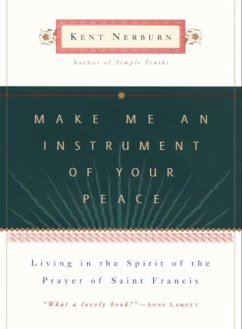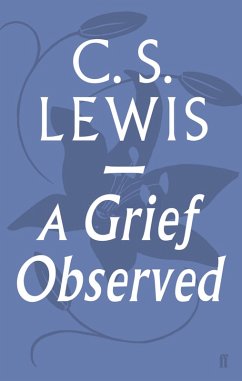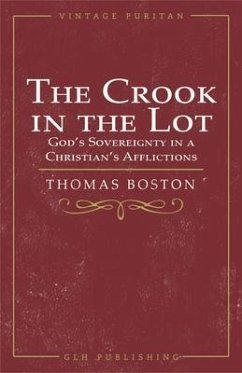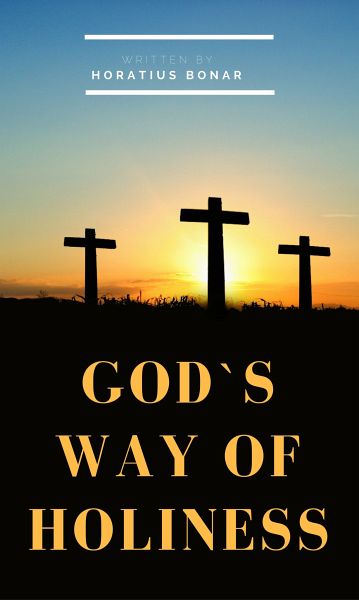
God's Way of Holiness (eBook, ePUB)
Versandkostenfrei!
Sofort per Download lieferbar
2,99 €
inkl. MwSt.
Weitere Ausgaben:

PAYBACK Punkte
0 °P sammeln!
The way of peace and the way of holiness lie side by side, or rather, they are one. That which bestows the one imparts the other; and he who takes the one takes the other also. The Spirit of peace is the Spirit of holiness. The God of peace is the God of holiness. If at any time these paths seem to go asunder, there must be something wrong, wrong in the teaching that makes them seem to part company, or wrong in the state of the man in whose life they have done so. They start together, or at least so nearly together that no eye, save the divine, can mark a difference. Yet, properly speaking, th...
The way of peace and the way of holiness lie side by side, or rather, they are one. That which bestows the one imparts the other; and he who takes the one takes the other also. The Spirit of peace is the Spirit of holiness. The God of peace is the God of holiness. If at any time these paths seem to go asunder, there must be something wrong, wrong in the teaching that makes them seem to part company, or wrong in the state of the man in whose life they have done so. They start together, or at least so nearly together that no eye, save the divine, can mark a difference. Yet, properly speaking, the peace goes before the holiness, and is its parent. This is what divines call "priority in nature, though not in time," which means substantially this, that the difference in such almost identical beginnings is too small in point of time to be perceived by us, yet it is not on that account the less distinct and real. The two are not independent. There is fellowship between them, vital fellowship, each being the helpmeet of the other. The fellowship is not of mere coincidence, as in the case of strangers who happen to meet on the same path, nor of arbitrary appointment, as in the case of two parallel roads, but of mutual help and sympathy like the fellowship of head and heart, or of two members of one body, the peace being indispensable to the production or causation of the holiness, and the holiness indispensable to the maintaining and deepening of the peace. Preface of Horatius Bonar
Dieser Download kann aus rechtlichen Gründen nur mit Rechnungsadresse in A, B, BG, CY, CZ, D, DK, EW, E, FIN, F, GR, H, IRL, I, LT, L, LR, M, NL, PL, P, R, S, SLO, SK ausgeliefert werden.





